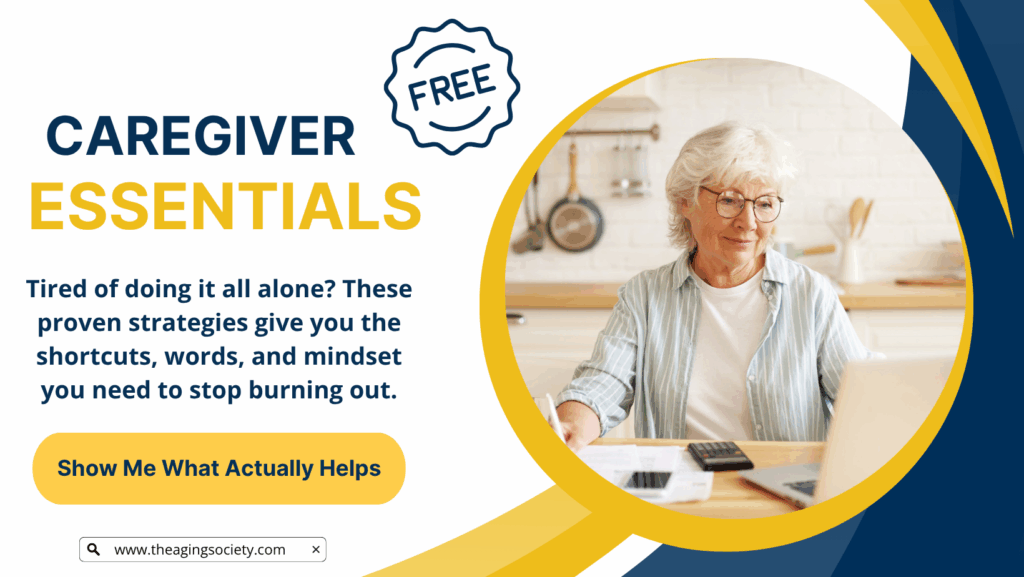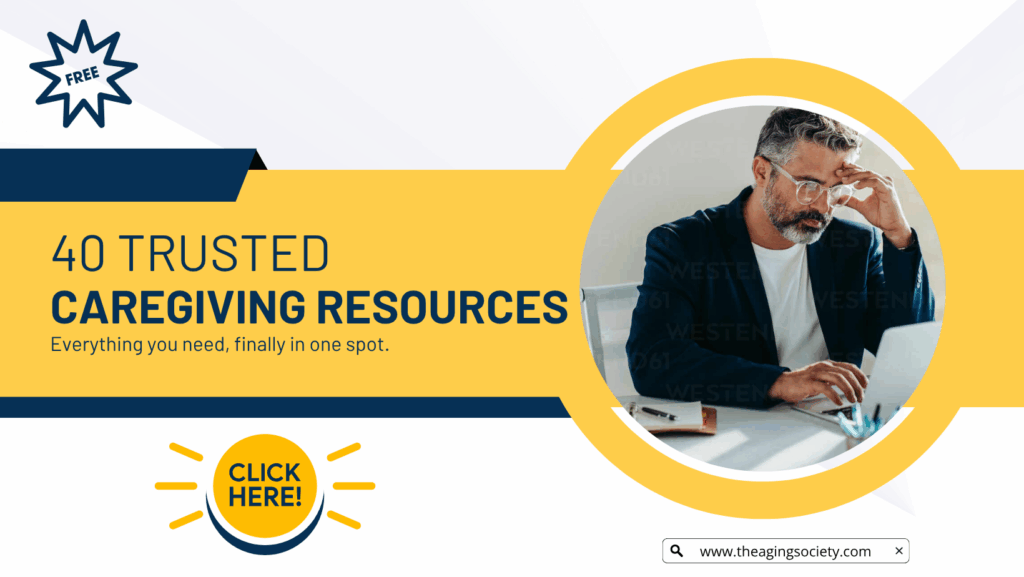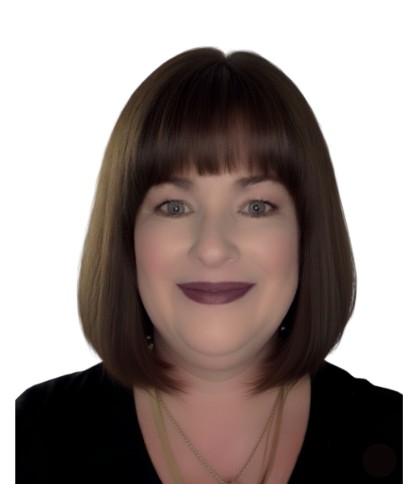Browse by categories
I help caregivers navigate conversations and decisions about senior care with clarity, confidence, and ease.
More about me
September 3, 2025
Caregiver burnout can feel like the quiet unraveling of your strength, a mix of love, fatigue, and invisibility. You give everything to someone else, yet your own needs often fade into the background. The silent sacrifice of caregiving is powerful, but it’s also heavy. You love deeply, but that love can come at a personal cost when no one sees the toll it takes.
Still, within that silence lies a rare kind of resilience, one that can be rebuilt through compassion, acknowledgment, and connection.
Understanding the Silent Weight of Caregiving
Caregiving asks more of you than most people realize. It’s emotional labor, physical effort, and constant mental vigilance. Over time, this leads to caregiver burnout, a state of emotional and physical exhaustion that can make even simple tasks feel overwhelming.
Many caregivers report feeling unseen, as if their sacrifices exist in the shadows. But your exhaustion doesn’t mean you’re failing; it means you’ve been strong for too long without enough rest or recognition.
Your care has meaning. Your compassion has value. And your needs deserve space, too.
Reclaiming Strength When You Feel Invisible
When caregiver burnout begins to take hold, you may lose your sense of self. It’s not weakness, it’s the mind’s way of saying, “I need help too.”
Here are gentle ways to reconnect with your own strength:
1. Speak Your Truth Out Loud
Many caregivers minimize their emotions to “stay strong.” But silence deepens invisibility. Talk honestly with a friend, counselor, or support group. Saying “I’m struggling” is not a failure, it’s a step toward healing.
2. Create Micro-Moments of Renewal
You don’t need a full day off to restore your energy. Take five minutes to step outside, breathe deeply, or sip tea without multitasking. These small pauses signal your body that your well-being matters.
3. Redefine What Strength Means
True strength isn’t endurance, it’s adaptability. The silent sacrifice of caregiving becomes lighter when you allow others to help carry the load. Delegating, asking for help, or taking a break is not a weakness; it’s wisdom.
Honoring Yourself Without Guilt
Guilt often clings to caregivers like a shadow. It whispers that you’re never doing enough, even when you’re doing everything. But guilt is not the truth, it’s the byproduct of unrealistic expectations.
Try reframing self-care as part of your caregiving mission:
- Set boundaries with love. Saying “no” can be an act of protection, not rejection.
- Celebrate small victories. Each meal prepared or comfort offered is a testament to your love.
- Rest as resilience. Rest isn’t selfish, it’s fuel for compassion.
When you honor your needs, you show others what healthy love truly looks like.

The Power of Being Seen
Feeling invisible can make you question your worth. But being seen starts with seeing yourself.
- Acknowledge your growth. You’ve developed patience, empathy, and strength beyond measure.
- Remember your identity. You are more than your caregiving role; your dreams still matter.
- Find spaces that validate your journey. Online caregiver communities or local support groups remind you that you are not alone.
Visibility begins with self-recognition, and from there, others begin to see you too.
The Hidden Beauty Within the Silent Sacrifice
Caregiving is not just a responsibility; it’s a calling that demands courage every single day. When you give so much of yourself, it’s easy to forget that your well-being fuels your ability to love and care. Take a moment to breathe, to remember your worth, and to let yourself be supported, too. Your care matters, and so do you.
The silent sacrifice of caregiving is not a sign of invisibility, it’s the mark of deep humanity. You are shaping lives with your presence, even when no one notices.
Each act of care, no matter how small, becomes part of a larger legacy of love and resilience. And that legacy is visible in the lives you touch, the peace you bring, and the quiet courage you show each day.
You are not invisible. You are the heartbeat of compassion itself.


Susan Myers is a Mom, Caregiver Strategist, and founder of The Aging Society. She helps family caregivers get the clarity they need to navigate aging parent care without losing themselves in the process. Her courses, resources, and Caregivers: Talk With Purpose podcast offer grounded, practical support for the moments that feel overwhelming, confusing, or heavier than expected.
Leave a Reply Cancel reply
where can I take you?
where can I take you?
Resource Center
Caregiver essentials
thoughtful giftst
conversation action plan
home
contact
blog
about
The Aging Society helps caregivers navigate conversations and decisions about senior care with clarity, confidence, and ease.

Join Others in my Weekly Newsletter